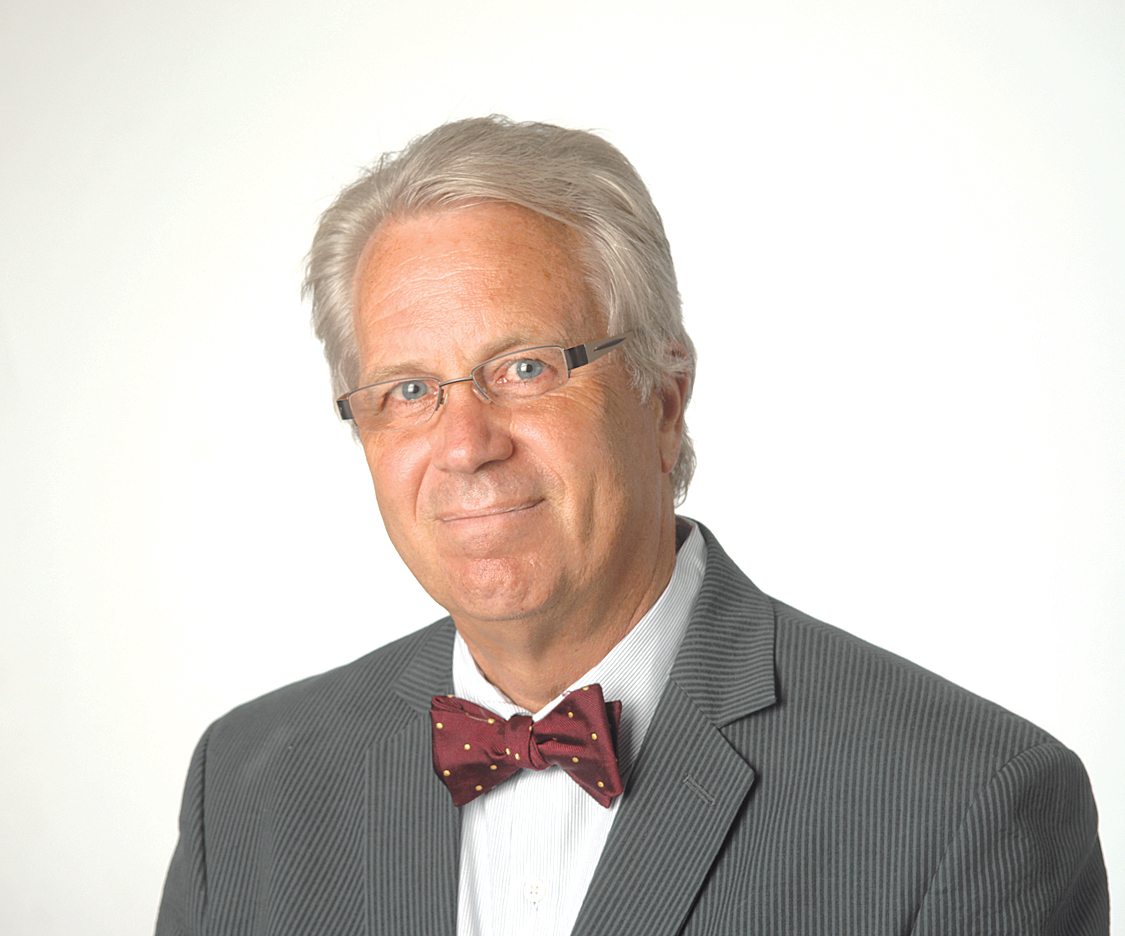The Elbert Files: One tough question

Dave Elbert Aug 25, 2023 | 6:00 am
3 min read time
666 wordsAll Latest News, Opinion, The Elbert FilesSteffen Schmidt has a great question for anyone who wants to be president or serve in the next Congress.
Schmidt is Iowa State University’s semi-retired Lucken Professor of Political Science, and for my money, you won’t find an academic or politician who better understands the turmoil this country is going through.
He posed the question in a recent blog under the headline: “Unsustainable costs – Medicare, Medicaid, Social Security.”
“We are facing a serious crisis as America ages, health care costs spike, and the working population shrinks,” he wrote.
A reader responded: “We have the same problem the Chinese face. Declining youth. Escalating elderly. Health care crunch and slowing economy.”
Schmidt drilled down deeper and put his finger on what is an increasingly uncomfortable truth for my baby boom generation.
“A quarter of Medicare spending is on services in the last year of life, and 40% of that 25% on the last 30 days.”
“What to do?” he asked.
He framed the question against the harsh backdrop of recent history.
“Death panel is a political term that originated during the 2009 debate about federal health care legislation to cover the uninsured,” Schmidt wrote, adding: “Sarah Palin coined the term when she charged that proposed legislation would create a ‘death panel’ of bureaucrats who would carry out triage.”
Our own Iowa Sen. Chuck Grassley got mileage out of it at the time by stating: “We should not have a government program that determines you’re going to pull the plug on Grandma.”
Democrats countered that nothing in the Affordable Care Act was even close to Palin’s “death panel” or Grassley’s “pull the plug on Grandma.”
But Palin’s mention of “death panels” pretty much put an end to the public conversation, which is unfortunate because families have versions of that conversation all the time.
I know we did in mine. My mother was in and out of the hospital three times during her final year, and while there were no heroic efforts to extend her life, the medical bills were nonetheless impressive.
All were covered by Medicare. Mom’s hospital stays cost the family nothing. And she probably could have stayed longer, except that she wanted to die at home, which she did, with a hospital bed and hospice care – also fully covered by Medicare.
I would hope that all families in similar circumstances would appreciate what the government does for us by paying those medical bills, although it probably goes over a lot of people’s heads.
I suspect that few of us realize how much it all costs, which makes many of us hypocrites when we blindly demand cuts in federal spending.
The real problem, Schmidt pointed out, is that when you add up the amount of the federal budget spent on Social Security (21%), other income security programs (13%), veterans benefits (5%), Medicare (13%) and Medicaid and other health care benefits (14%) the total amounts to 66% of all federal spending.
The next two biggest pieces are defense (13%), and interest (10%), followed by education (4%), transportation (2%), community development (2%) and other, including agriculture, (4%).
As things stand today, roughly 20% of the federal budget is financed by borrowing, and it doesn’t take a genius to figure out that isn’t sustainable.
At some point, we’re going to have to figure out how to dial back a lot of spending, and that includes Medicare and Medicaid, maybe even Social Security, if we wait too long.
The next time you see a presidential candidate or someone running for Congress, ask if they are willing to dial back end-of-life spending in Medicare.
They will respond that they only want to cut fraud and waste, but that’s a bogus answer because there isn’t that much fraud and waste.
One more thing: You will need to ask the question in person, because Schmidt said it won’t come up in debates or from reporters.
“Too hot to touch,” he told me. “Easier to talk about forbidding bad books in schools.”

Dave Elbert
Dave Elbert is a columnist for Business Record.










